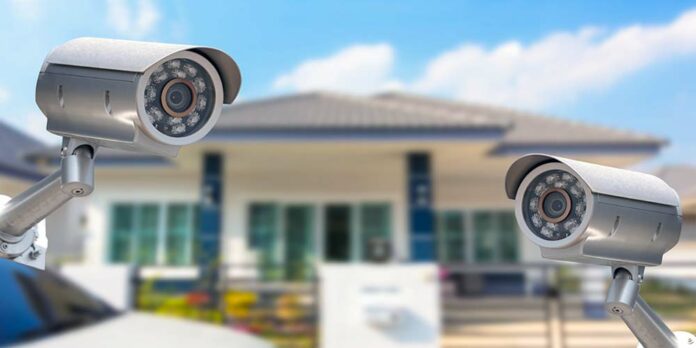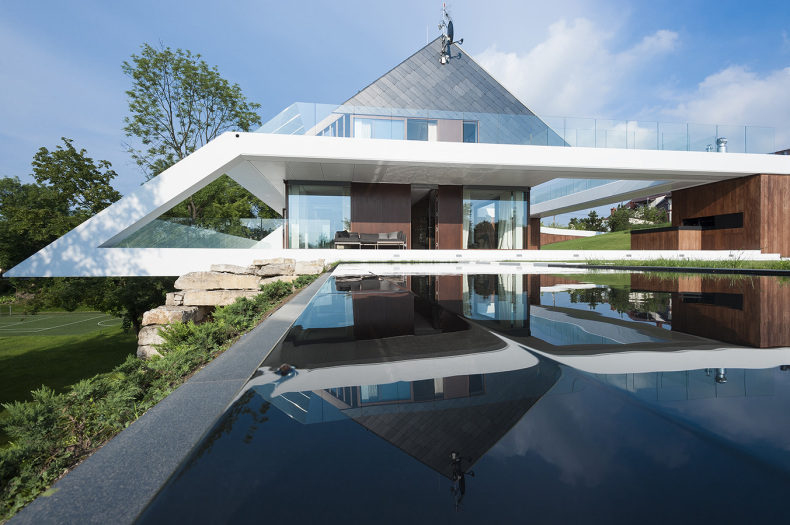Surveillance cameras are an important part of a home security system. Simply having one tells potential thieves that your home is protected, and they’ll usually look elsewhere. In fact, without a security system, a house is three times more likely to have a burglary.
Once you decide to get a security system, you need to think about how many home surveillance cameras you need, and what kinds. This guide will help you decide what’s best for your home.
Home Security Basics
When you’re looking at security systems, you’ll also hear them referred to as CCTV systems.
Your first question might be, “What does CCTV stand for?” CCTV means closed-circuit television.
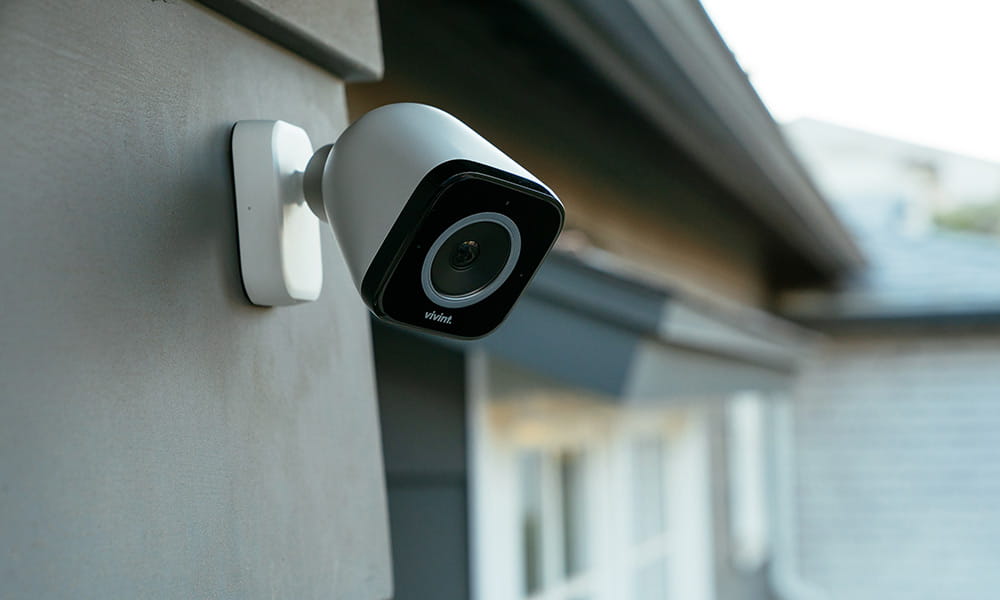
These types of systems have been around for a long time, but in earlier years, your only option was to have a wired camera. With this approach, all your video is stored on-site. Wired cameras are still common, but now you can also get wireless CCTVs.
Wireless systems give you a lot more flexibility. Since they’re connected to the internet, the video is stored off-site, and you can check on your home at work or while away on a trip.
Wireless CCTV installation is also simpler since you don’t have to worry about hooking the cameras directly to a recording device or monitor.
Another benefit of this CCTV service is that you can configure your system to alert you when it senses a disturbance. If you need CCTV security installation in Melbourne for outer buildings, or over a large area, you may not have wireless coverage. In that case, you would need to stick with a wired solution.
Uses for Home Security
Before you decide on the number and types of cameras to get, you should think about how you want to use them, since these days, security systems aren’t only used to help prevent theft.
Indoor Surveillance
It’s becoming much more common to have live cameras in people’s homes.
This is a good option if you want to check on children or pets while you’re away, to make sure they’re not getting into trouble. You might also use this approach if you have someone new cleaning or working in your house while you’re away.
If an intruder does get into your house, inside cameras can be used as evidence by law enforcement, to help them track down the burglar.
Outside Surveillance
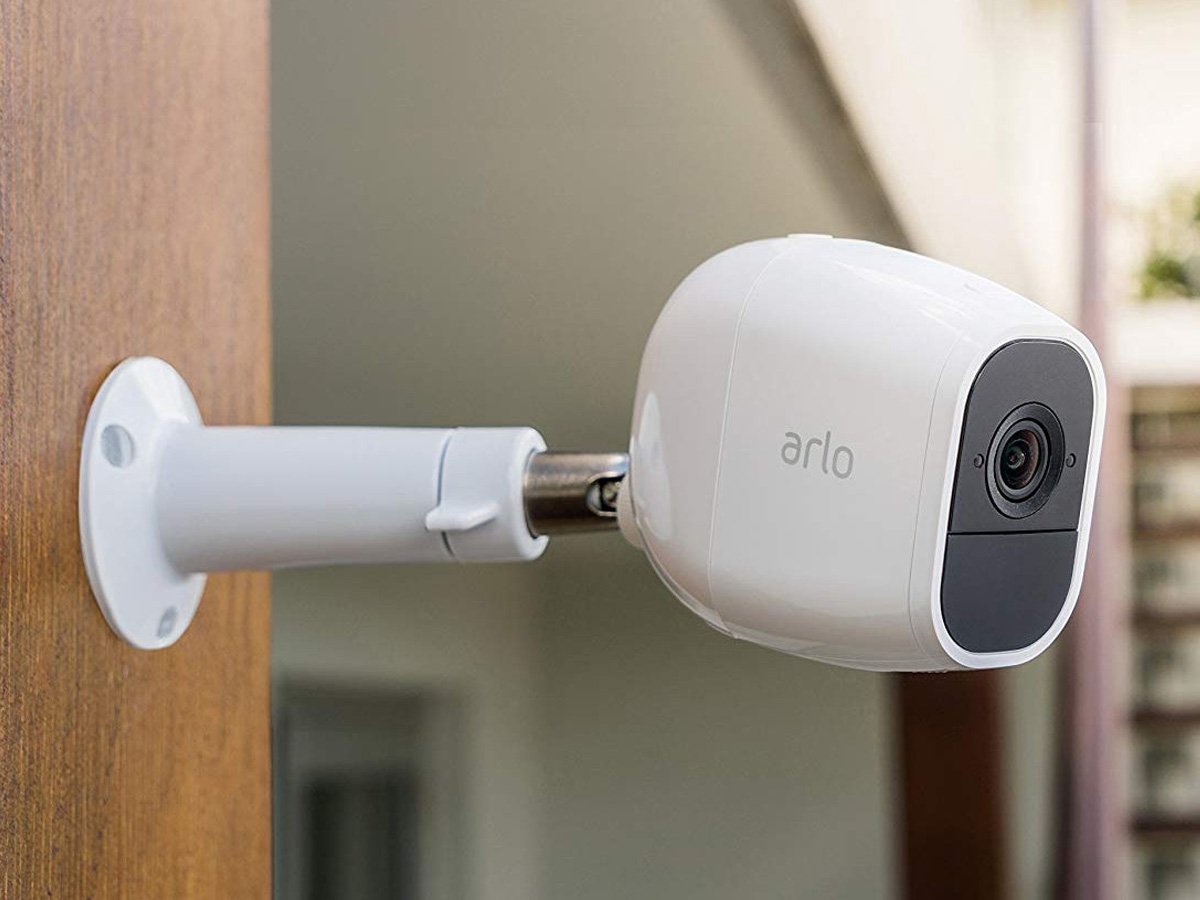
Outdoor home security cameras can be used for some of the reasons as indoor cameras, such as checking on kids playing outside or providing information to police.
Outside cameras also have other important uses.
While you might want to keep an indoor camera hidden away, most outdoor cameras should be visible to help deter crime. Since thieves don’t want to be recorded, seeing the camera will make them think twice.
This is true for package thieves as well. Now that online shopping is popular, it’s also becoming more common for people to have their packages stolen. A security camera will help prevent that.
A camera by your front door also lets you see who’s ringing your doorbell without opening the door first.
Finally, outside cameras can protect other valuable property, such as your car, or items in outer buildings such as garages or sheds.
Check Local Laws
When you’re thinking about how you’ll use your cameras, it’s important to consider residential security camera laws.
As a general rule, you can record in places where people wouldn’t have a reasonable expectation of privacy. This applies to both inside and outside cameras.
You should also check your local and state laws for anything specific to your area. This is especially true for how audio recordings, since the rules are usually different than video recordings.
Choosing Your Cameras
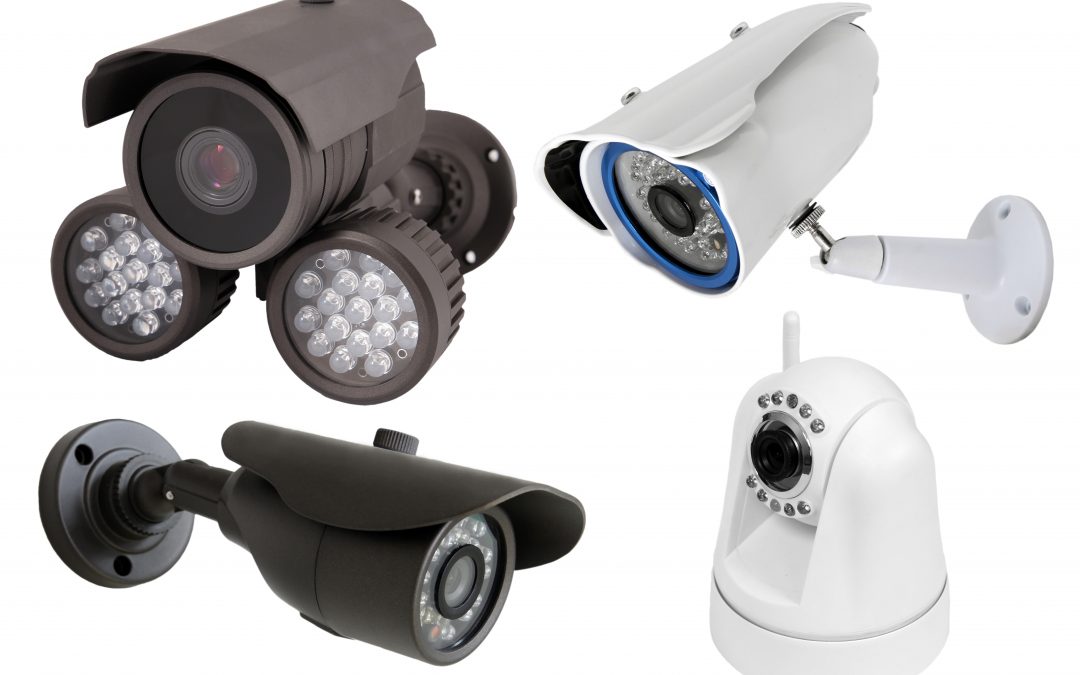
Now that you know how you might want to use your system, you can choose the number and types of cameras to get.
Camera Features
Depending on how you’re using your cameras, you’ll want to look for some specific features:
- Audio: If you’re using the cameras to stay connected with your kids, having two-way audio is a great option. If you’re thinking of using this for law enforcement, check the laws about how audio can be used.
- Motion detection: For outside cameras, it may not make sense to have continuous recording. In those situations, you’d want cameras activated by motion detection.
- Night vision: Infrared night vision is helpful for both inside and outside cameras, so you can see what’s happening at any time. Ideally, you’d want a camera that automatically switches to this mode when the lighting is low.
- Range of vision: Some cameras have a wide-angle for the best coverage, such as a panoramic view. This is a great choice for outside cameras, while for indoor cameras, you might be fine with a smaller range.
- Recording quality: Make sure your videos have a high enough resolution that you can clearly see what’s going on.
- Weatherproof: Outdoor cameras need to be able to last in all temperatures and weather conditions.
Number of Cameras
The number of cameras that you need depends on the size of your property, the type of camera, and how you’ll be using them.
If you have a small place, you’ll need fewer cameras than someone with a large property and outbuildings. Similarly, with a panoramic camera, you may only need one in front of your house.
For a basic system, you could have just a few cameras. You might choose one for the front, one for the back, and one for inside to watch kids or valuables. You could add a doorbell camera as well, depending on the type of front camera you get.
Any entrance point is at-risk. Consider monitoring your garage, if you have one, as well as the doors and driveway. If you have a basement entrance, think about a camera for that as well.
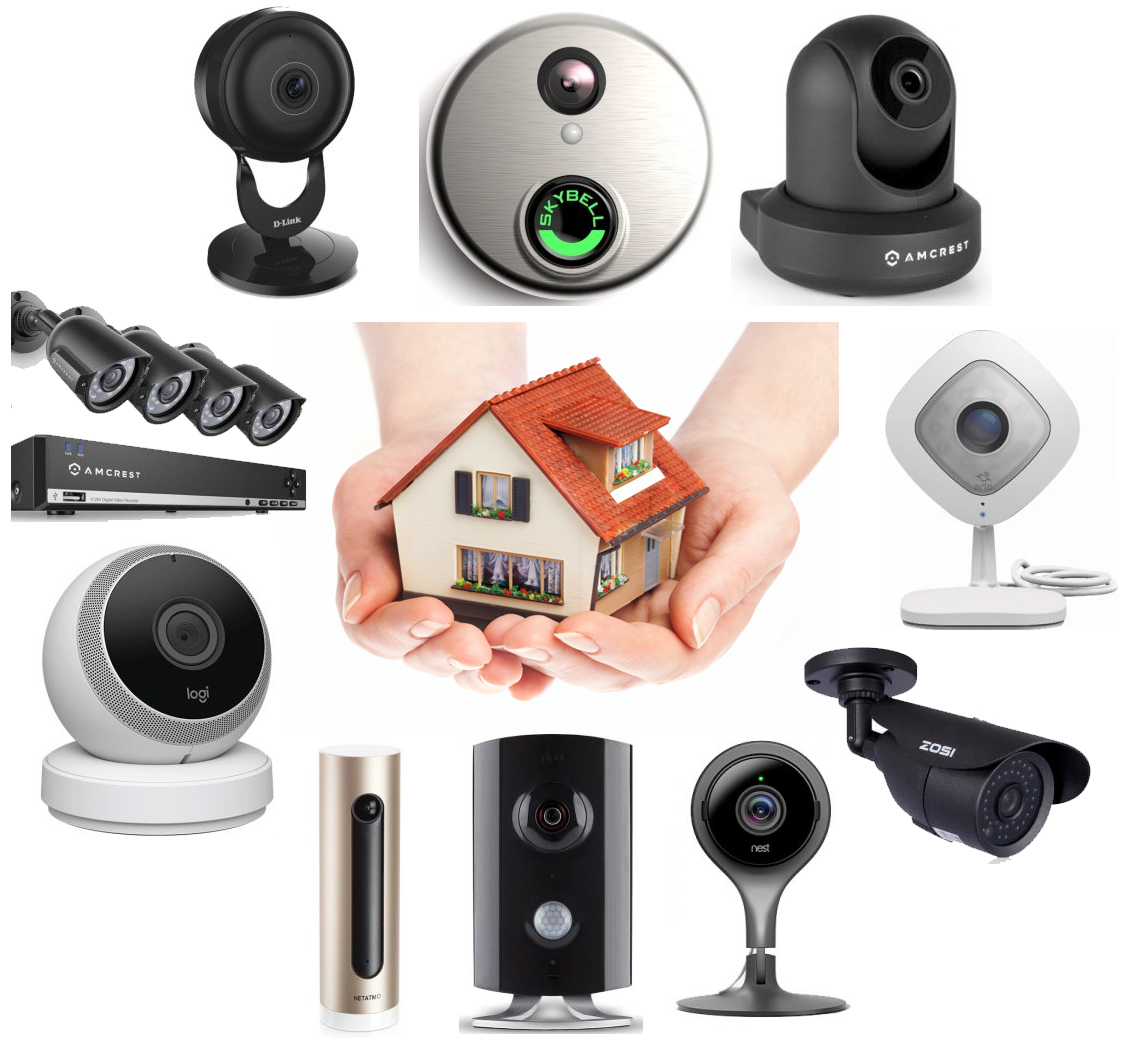
Pay special attention to the areas of your home that are most vulnerable. Side doors and off-street windows are good places for cameras since they’re less visible.
Inside the home, focus on common areas, such as living room and dining room, as well as areas where you have valuables.
Finally, if you have a wireless configuration, make sure you have enough bandwidth for the number of cameras. This may be a limiting factor in how many you end up getting.
How Many Home Security Cameras Depends on Your Situation
When it comes to home security systems, not everyone has the same needs.
How many home cameras you get depends on how you want to use the surveillance, the size of your home, and more. Assess your needs and make the best decision for your situation.
No matter what system you get, you’ll have greater peace of mind knowing that your home is more secure.
Looking for more safety tips? Check out our blog and search on security and safety.

